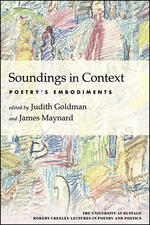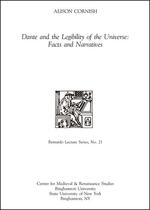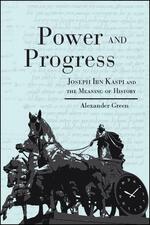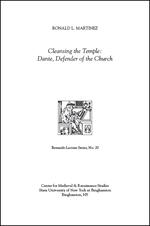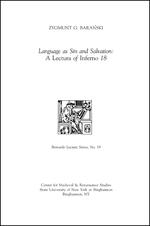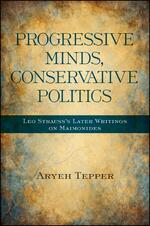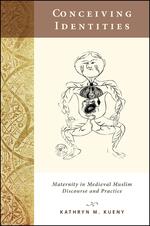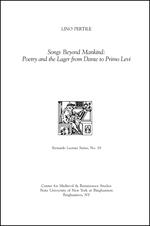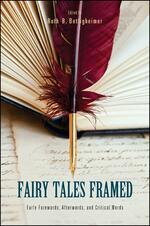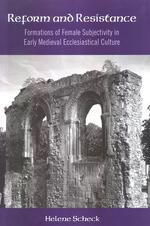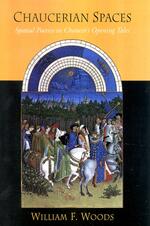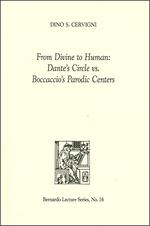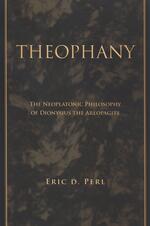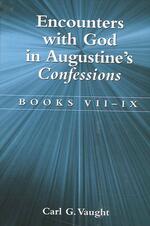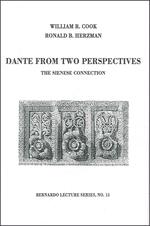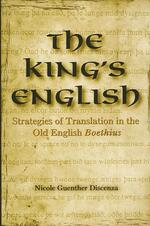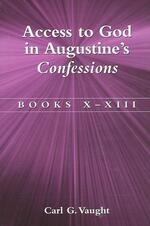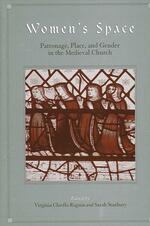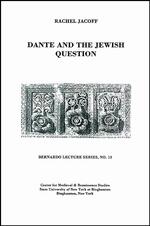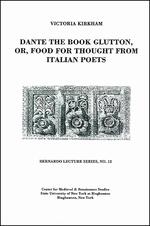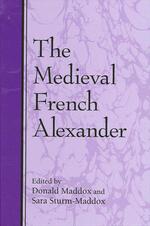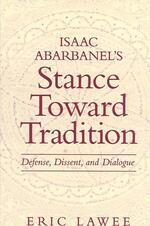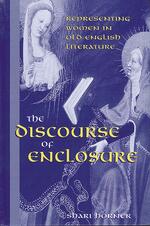Medieval Studies
Islamic Philosophy and the Crisis of Modernity
Unveils the profound influence of medieval Islamic philosophy on the thought of Leo Strauss.
Soundings in Context
Renowned poets and scholars address the question of how poetry sounds and signifies in different contexts.
Dante and the Legibility of the Universe: Facts and Narratives
Argues that the Divine Comedy dramatizes the risks and rewards of competing narratives, or different ways of reading.
Power and Progress
Study of a fascinating medieval Jewish philosopher, focusing on his twin conceptions of history.
Cleansing the Temple: Dante, Defender of the Church
Dante as protector and purifier of the Church.
Language as Sin and Salvation: A Lectura of Inferno 18
Describes several key roles of Canto 18 in the structure of the Commedia.
Progressive Minds, Conservative Politics
Compelling account of Strauss's mature Maimonidean writings.
Conceiving Identities
Explores how medieval Muslim theologians constructed a female gender identity based on an ideal of maternity and how women contested it.
Songs Beyond Mankind: Poetry and the Lager from Dante to Primo Levi
Examines the preservation of the integrity of humanity through literature in the hells described by Dante in his Inferno and by Primo Levi in Survival in Auschwitz.
Fairy Tales Framed
Translations of the forewords and afterwords by original fairy tale authors and commentaries by their contemporaries, material that has not been widely published in English.
Reform and Resistance
Explores the relationship between gender and identity in early medieval Germanic societies.
Chaucerian Spaces
Examines affect and the significance of space and place in the first six Canterbury Tales.
Dante and Paul's "Five Words with Understanding"
Argues there is a program of five-word utterances that imitate fallen language in Dante’s Commedia.
From Divine to Human: Dante's Circle vs. Boccaccio's Parodic Centers
In Boccacio's Decameron, Cervigni sees a parodic echo of the circles of Dante's Divine Comedy, and asks whether Bocaccio envisions the voyage of the brigata as similar to Dante the Pilgrim's journey toward the center, first the abysmal center of Lucifer, then towards the highest center, God.
Theophany
Situates Pseudo-Dionysius the Areopagite as a Neoplatonic philosopher in the tradition of Plotinus and Proclus.
Encounters with God in Augustine's Confessions
This reappraisal of the middle section of Augustine's Confessions covers the period of Augustine's conversion to Christianity. The author argues against the prevailing Neoplatonic interpretation of Augustine.
Dante from Two Perspectives: The Sienese Connection
Addresses the implications of a document found in the Archivio di Stato di Siena which affirms a connection between Farinata degli Uberti, a Florentine conspicuously encountered by Dante the pilgrim in Inferno 10, and the Sienese Ghibellines with whom he and his fellow Florentine Ghibellines joined, in an alliance which produced the Sienese victory at the battle of Montaperti in 1260.
The King's English
Shows how Alfred the Great's translations of Latin works exposed Anglo-Saxon elites to classical learning and Christian thought while bringing prestige to the king and his West Saxon dialect.
Access to God in Augustine's Confessions
Continuing his groundbreaking reappraisal of the Confessions, Carl G. Vaught shows how Augustine's solutions to philosophical and theological problems emerge and discusses the longstanding question of the work's unity.
Women's Space
Art historical and literary perspectives on the place of women in the medieval church.
Dante and the Jewish Question
Addresses Jacoff’s own discomfort with Dante’s reiteration of the deicide charge against the Jews in Paradiso 7 and elsewhere.
Dante the Book Glutton, or, Food for Thought from Italian Poets
Explores Dante’s love of books.
The Medieval French Alexander
Explores the significance of Alexander the Great in French medieval literature and culture.
Isaac Abarbanel's Stance Toward Tradition
Explores the thought of Isaac Abarbanel, courtier-financier and important Jewish thinker at the turn of the sixteenth century, from the perspective of his negotiation with Jewish tradition.
The Discourse of Enclosure
Examines representations of women and femininity in Old English poetry and prose.

